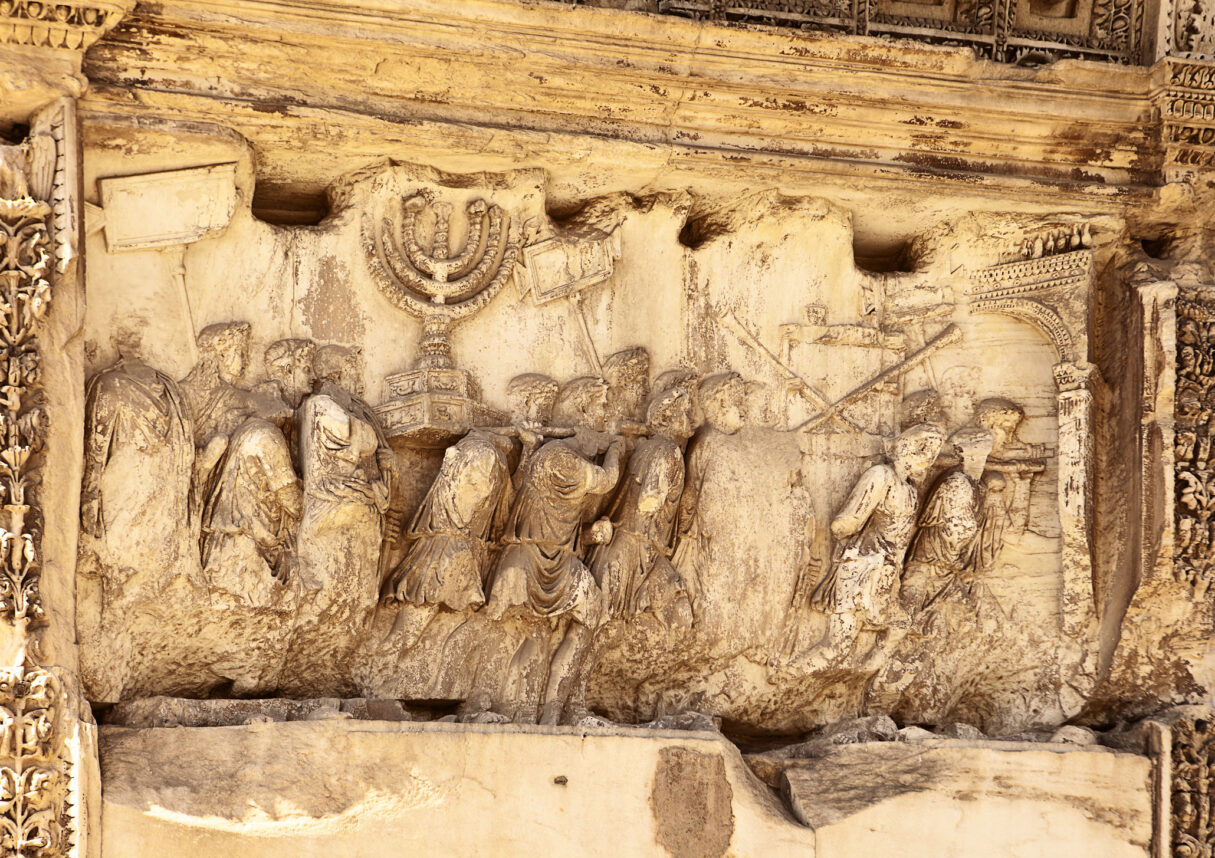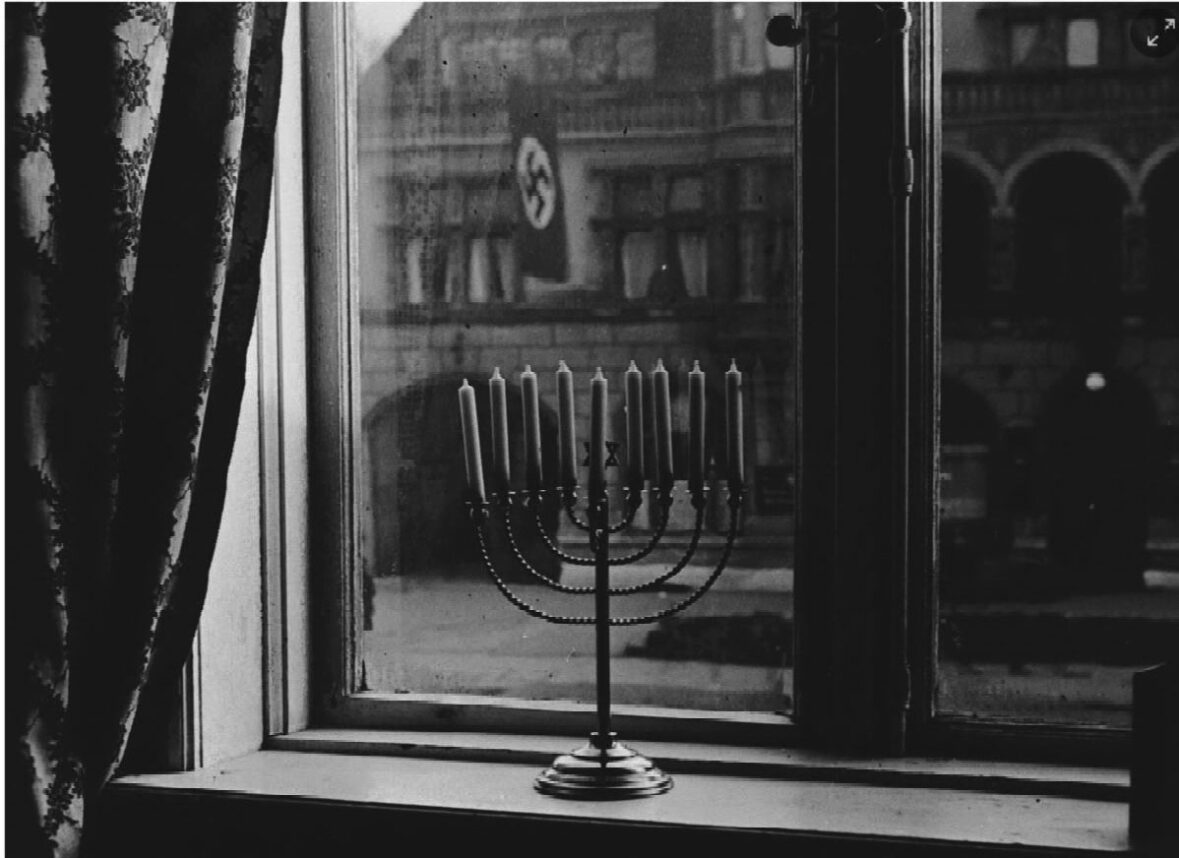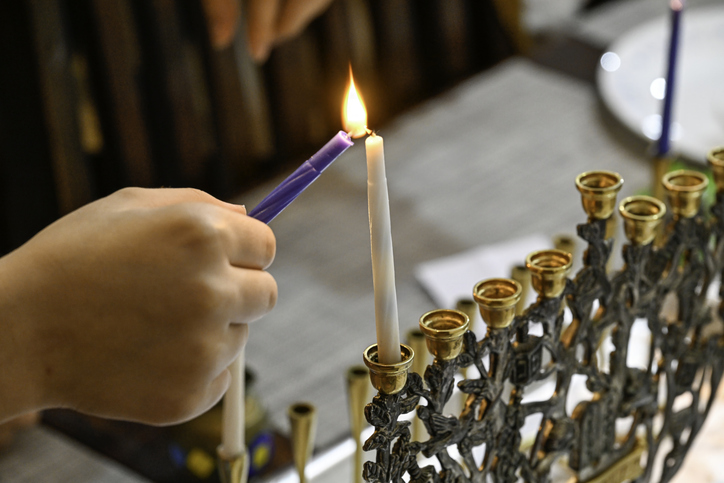In the summer of 2006, two Israeli soldiers — Eldad Regev and Ehud Goldwasser — were abducted by Hezbollah. Israel reacted by launching a war against this Lebanon-based
terrorist organization. Prime Minister Ehud Olmert declared then that one of the main war aims was to return the two soldiers back home.
The war ended, and almost two years have passed, and the two soldiers are still in enemy hands. A third soldier, Gilad Shalit, was abducted by Hamas in Gaza about the same time. He is alive; his family has just received a brief letter from him.
Hamas is demanding that Israel free hundreds of Palestinian prisoners in exchange for his release. As for Regev and Goldwasser, we are not sure. The jeep they had been driving was hit so badly, almost burned down in the attack, and the scenes of the charred remains of the vehicle left little hope that the two soldiers had survived. Hassan Nasrallah, the secretary-general of Hezbollah, in the most cynical and vicious way, refused to give any hint about their fate.
On Sunday, the Israeli government decided to release Arab prisoners for the two soldiers, but the heated controversy is still going on.
Isn’t this a heavy price? Shouldn’t we condition that Arab prisoners be exchanged only for living POWs? And isn’t all this but an incentive for future blackmailing?
Let’s borrow a page from the history book.
Frederick II of Prussia, known as Frederick the Great, was one of the greatest military commanders of the pre-Napoleonic era. In 1757, during the Seven Years War, he wrote a secret memorandum to his minister of interior on the eve of a decisive battle: “In the contingency that I become a prisoner of war, I forbid to make even the slightest concession to the enemy, and order to ignore anything I should write from captivity. If such unhappy event occurs, I want to sacrifice myself for my country. My brother will take the reins of power, and he and all his ministers will pay with their heads if they pay any ransom for me.”
Recently, several Israel Defense Forces officers in the reserves did the same. Upon being called to active duty, they sent a letter to the minister of defense and the chief of staff of the Israeli army stating that if they fall in enemy hands, they don’t want the government to pay any price for their release. Furthermore, they demanded that in case they become POWs, the government shouldn’t listen to their pleas, because obviously, they would be the result of their captors’ pressure.
All this is about living POWs. But what about dead ones? How far should a government go in order to bring a dead soldier to burial?
When it comes to Israel, the answer is never simple. According to Jewish religious law and tradition, burying the dead is a very sacred commandment. Furthermore, until a dead POW is buried, he is considered missing in action, leaving families in endless, agonizing doubt. If he was married, according to Jewish law, his wife is considered aguna (‘ ‘anchored”in marriage) and can’t remarry.
This is why in the case of Capt. Ron Arad, a jet fighter navigator who became POW in 1986 in Lebanon and has since disappeared, Israel went to great lengths to gain any shred of information about him. At one point, it was suspected that he was killed and buried anonymously in the Jewish cemetery in Damascus.
Ideas were floated to send an elite unit there with a helicopter to find out. Yet when Batya Arad, the mother of the missing navigator, heard about it, she adamantly refused: “I don’t want any soldier to risk his life for a dead body.”
So the debate rages on, touching sore nerves, with no clear-cut answers. It was Geula Cohen, who was a fighter in the prestate, anti-British underground Lehi (Stern Gang), who summed up the dilemma.
“If my son, Tzahi [Knesset member Tzahi Hanegbi, chairman of the Foreign Relations and Security Committee] were taken POW,”she said in one of the controversies over prisoner exchanges, “I would have fought like a lioness that the government should pay any price for his release.”
Then, with the same breath, she added: “And at the same time, I would have expected the government to firmly reject my demands.”
Uri Dromi is a columnist based in Jerusalem.






















 More news and opinions than at a Shabbat dinner, right in your inbox.
More news and opinions than at a Shabbat dinner, right in your inbox.